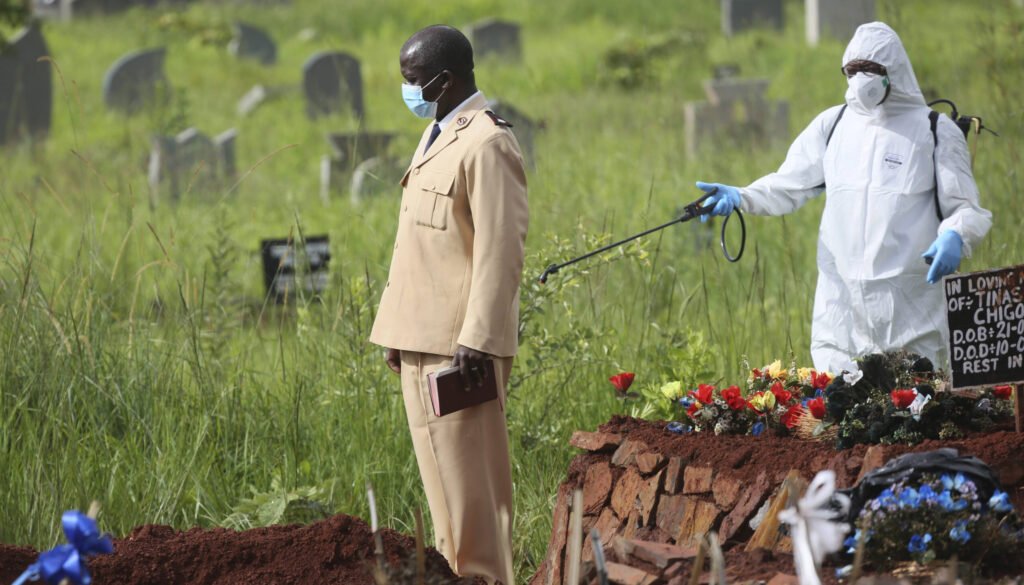Zimbabwe’s political and business elite are forced to confront the realities of the country’s failing national health system as most of them can longer fly off to private hospitals abroad.
The second wave of the coronavirus pandemic has killed several senior figures in the regime, including foreign minister Sibusiso Moyo, and the hospitals are full to capacity with Covid-19 cases.
But there is confusion about whether and how much Zimbabweans will have to pay for the vaccine. On 3 February Finance Minister Mthuli Ncube, who is desperately trying to cut state spending, said that most Zimbabweans would have to pay but the government would subsidise vaccines for the “most vulnerable groups”.
The following day, President Emmerson Mnangagwa welcomed China’s announcement that it was donating 200,000 doses of the SinoPharm vaccine. The vaccine would be “state-funded and free” said Mnangagwa. Health workers and others most at risk would get the vaccine first, he added.
After that Ncube, tried to backtrack, saying his remarks on the cost of the vaccines were taken out of context. But the level of donations will have to be ramped up fast by China and others to cover Zimbabwe’s 16 million people.
Shot of reality
Meanwhile, conditions on the ground – in clinics, hospitals and schools across the country – are deteriorating with shortages of protective equipment, let alone supplies of therapeutics and oxygen and ventilators.
Last Sunday, we visited 30 year-old *Johnny Zimondi in his two-room apartment in Budiriro, a densely populated high density suburb in Harare. He is a nurse and was off from work at Parirenyatwa Hospital, the largest referral hospital in Zimbabwe.Africa InsightWake up to the essential with the Editor’s picks. Sign upAlso receive offers from The Africa ReportAlso receive offers from The Africa Report’s partners
Despite being a frontline worker he takes home a 18,000 Zimbabwean dollars (Z$) (US$200) salary each month
He fears exposing his family to Covid-19 from his work.
“We work with inadequate personal protective equipment (PPEs) in the Covid-19 isolation wards. This is exposing me to Covid-19 thus putting my family at risk,” he tells The Africa Report. “I am suffering mentally from these working conditions. There is a need to increase my salary so that I can be motivated to work.”
Zimondi says his salary is not enough to meet his family’s needs let alone to buy food items to keep himself healthy in the midst of this global pandemic.
Zimbabwe is going through its worst economic crisis in decades with a three figure hyperinflation resulting in the rising cost of living.
Copyright: Africa Report






